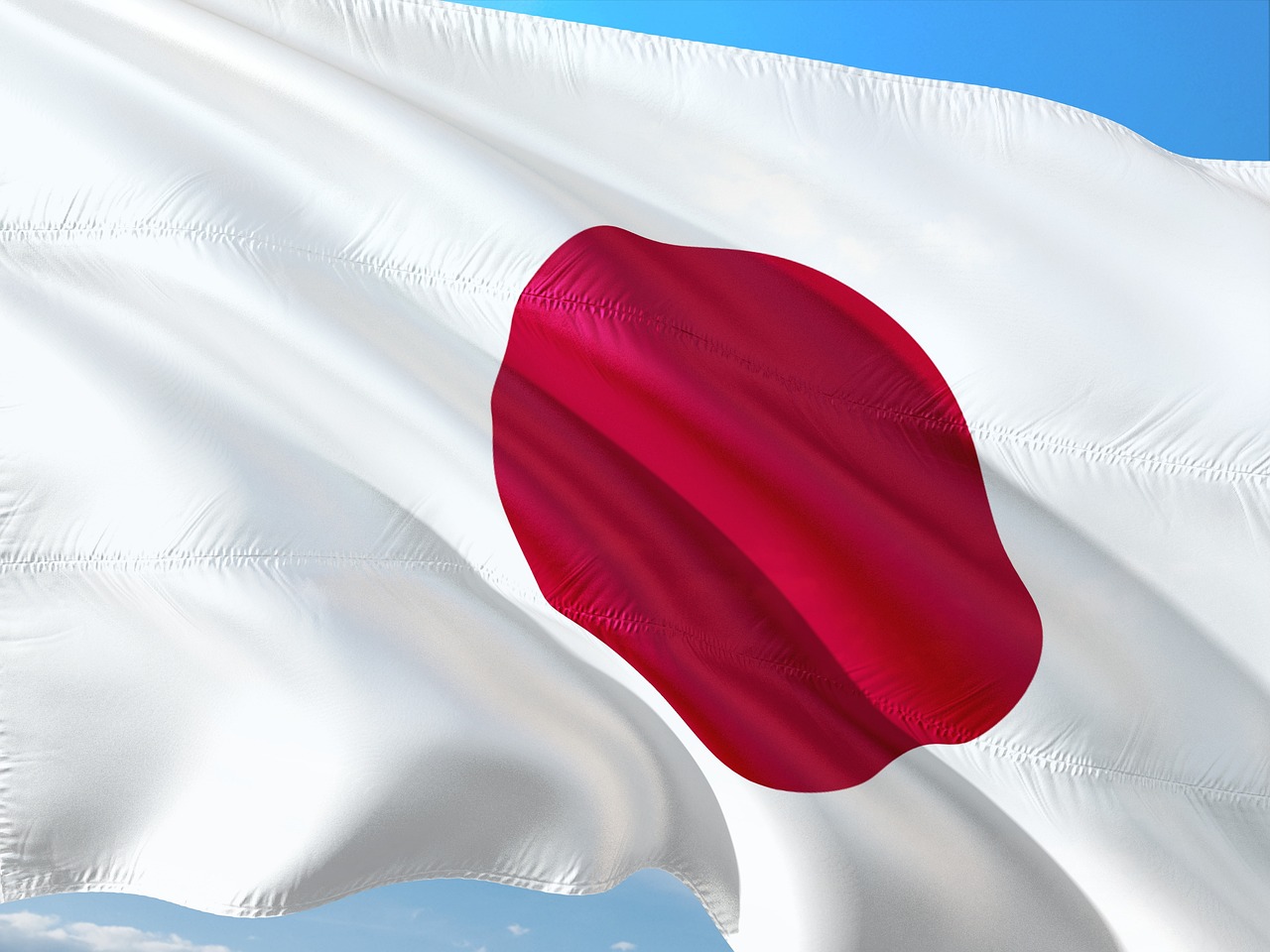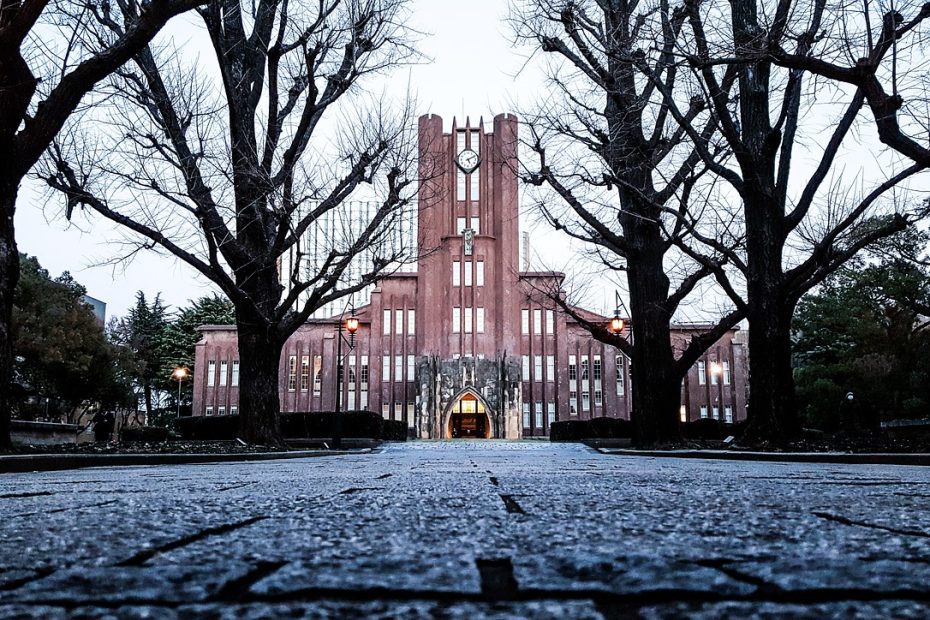Making the choice to study abroad is not something to do hastily. Regardless matter where you go, it’s a worthwhile experience since you can fully immerse yourself in a different culture. Particularly because of all it offers, Japan is a top choice for many students. Below is the list of the Best Universities In Japan For International Students.
Are you looking for the best universities in the world plus a top-notch education? then this is for you. There are numerous benefits to studying in Japan for college students. In addition to offering excellent cultural experiences, several of Japan’s top colleges are friendly to foreign students.
In addition to tuition costs and a few additional small expenses per semester, universities in Japan impose an entry fee for the first year. Aside from the tuition, you’ll need about 100,000–150,000 Yen per month to pay living expenses while you’re studying in Japan.
One of the world’s most technologically advanced countries is the Asian archipelago nation of Japan. It is third-place ranking among all economies demonstrates its toughness despite being vulnerable to natural disasters.
From culinary prowess to enduring art forms to technological advancements, Japan has had a significant influence on many other nations. A creative yet humble viewpoint is fostered through the fusion of antiquated customs and cutting-edge technology, which is the direction that education should take. We’ll examine the Best Universities In Japan For International Students in this article.

10 Best Universities In Japan For International Students
Here, I will introduce you to 10 of the best universities in Japan for International Students. This indicates that these universities either have a large space set aside for international students or that they have a higher proportion of foreign students than Japanese citizens.
The following universities all feature some type of unique program that helps international students more easily adjust to their new surroundings. I hope you can find a school that interests you.
1. University of Tokyo
The first on our list of best universities in Japan for international students is UTokyo. The University of Tokyo is a public research university with the initials Todai or UTokyo. It is situated in Bunky, Tokyo, Japan. The university was the first Imperial University and was founded in 1877. It is currently recognized by the Japanese government as a Top Type of university under the Top Global University Project.
UTokyo Compass, a set of values, objectives, and particular actions that will direct the institution in the ensuing decades and are based on the topic “Into a Sea of Diversity: Creating the Future via Dialogue,” was unveiled by the university in September 2021.
According to UTokyo Compass, the D&I Statement was developed in light of the university’s realization of how crucial it is to support diversity and inclusion if it hopes to achieve academic achievement, foster knowledge innovation, and develop human resources capable of acting globally.
The fundamental idea of diversity has evolved in recent years to encompass gender, sexuality, and lifestyle variety, including sexual orientation and gender identity, which reflects a broadening of ideals. The purpose of the statement is to acknowledge these changes.
2. Kyoto University
In Kyoto, Japan, there is a public research institution called Kyoto University, or Kyoto. It is the second-oldest university in Japan and one of the old Imperial Universities, having been established in 1897.
The aim of Kyoto University is to uphold and advance its long-standing dedication to academic freedom and to promote peaceful coexistence within the global human and ecological community. Kyoto University will strive for diverse development in basic and applied research in the humanities, sciences, and technology while attempting to integrate these various viewpoints.
Kyoto University is a university that encompasses numerous graduate schools, faculties, research institutes, and centres.
3. Nagoya University
Nagoya University, often known as Meidai or NU, is a national research university in Japan with its headquarters in Chikusa-Ku, Nagoya. Nagoya Institution was founded as a comprehensive university as Japan began to rebuild itself after the war.
Nagoya University must have resembled the mythical Mount Liang, with aspirational young scientists standing in for the heroes of the legend. Nagoya University took advantage of the lack of rigid traditions to create a free and active academic atmosphere and establish a reputation for creative and excellent research.
The six faculty members from Nagoya University who have received Nobel Prizes are evidence of the exceptional research that was produced thanks to the energy that was passed on to our students.
4. Osaka University
Osaka Institution, also known by its Japanese acronym Handai, is a public research university in the Osaka Prefecture. It is a Designated National University and one of Japan’s former Imperial Universities that is classified as a “Top Type” university in the Top Global University Project.
Under the aegis of its slogan, “Live Locally, Grow Globally,” Osaka University is dedicated to promoting societal stability and welfare, world peace, and harmony between people and the natural environment.
The university will achieve this goal with its independent spirit that does not submit to power and authority, as well as with its free and unrestricted civic spirit that was acquired from Kaitokudo and Tekijuku (places of learning in Osaka).
5. Tokyo Institute of Technology (Tokyo Tech / Tokodai / TIT)
Tokyo Institute of Technology is one of Japan’s top ten universities. Every year, the university is ranked among the top 5% of the world’s best universities. It specialized in the following areas: “Arts and Humanities,” “Engineering and Technology,” “Life Sciences and Medicine,” “Natural Science,” “Social Sciences and Management,” “Mathematics,” “Physics,” and “Chemistry.”
When it comes to educational quality, the university is among the best, placing in the top 100 in international rankings. According to studies, the university has a positive reputation among employers.
Tokyo Tech is the largest university in Japan devoted to science and technology, one of the original five Designated National Universities, and was chosen by the Japanese government as a Top Type university of the Top Global University Project. It is typically regarded as one of Japan’s most elite institutions.
The main campus of Tokyo Tech is situated in Okayama, on the border between Meguro and Ota, with its main entrance looking out toward Okayama Station. In Tamachi and Suzukakedai, there are more campuses. More than 40 departments and research centres are divided throughout Tokyo Tech’s 6 schools. 4,734 undergraduates and 1,464 graduate students attended Tokyo Tech.
6. Japan University of Economics
The Japan Institution of Economics, sometimes known as Nikkeidai, is a private university in Dazaifu, Fukuoka, Japan. The Japan University of Economics was founded in 1968 as an Economics college and has now expanded to include Economics, Business, and Management.
JUE is becoming Japan’s foremost institution for accepting international students. The Japan University of Economics collaborates with well-known universities from around the world, sharing global perspectives and striving to develop truly cosmopolitan students who respect each other’s cultures and personalities.
With over 20 nationalities on campus, the Japan University of Economics is one of the major providers of education to international students in Japan; also, many graduates can work in foreign and Japanese corporations and have founded their own businesses all over the world.
JUE is suitable not only for students considering full-time undergraduate or graduate study in Japan but also for anyone who wants to enhance their Japanese while enjoying everything that university life has to offer.
7. Waseda University
The next best university in japan for international students is Waseda Institution, sometimes known as Sendai, which is a private research university in Tokyo’s Shinjuku neighbourhood. Founded in 1882 as the Tky Senmon Gakk by Kuma Shigenobu, Waseda University was formally renamed in 1902.
Since 1882, Waseda’s culture and traditions have evolved, yet its core values have remained constant. Over 600,000 graduates carry the Waseda spirit with them. The university with the most international students enrolled in Waseda University, one of the most esteemed private universities in all of Japan.
8. Tohoku University (Tohokudai)
Tohoku University, sometimes known as Tohokudai, is a Japanese national university in Sendai, Miyagi, Japan’s Tohoku Region. Tonpei is the colloquial term for it. In 1958, the Tohoku University Botanical Gardens were established atop Aobayama mountain for research and instruction.
Because of its 400-year preservation, it is currently home to flora and animals of significant academic worth. The garden was named a natural monument in 1972, a first for a national university botanical garden.
It is one of Japan’s only three national university botanical gardens. Tohokudai was the first Japanese university to admit female students in 1913 and has maintained progressive and inclusive values to this day. Tohokudai is a pioneer in gender equality as well as substantial international connections.
9. Meiji University
Meiji Institution, often known as Meidai or Meiji, is a private research university that is situated in Chiyoda City, in the centre of Tokyo. Tatsuo Kishimoto, Kozo Miyagi, and Misao Yashiro, a trio of youthful attorneys who were just in their 30s, founded Meiji University in January 1881 as the Meiji Law School.
It was a time when Japan had a pressing need to become a modern, independent country. The three ardently hoped to “grow brilliant capable students who would lead a new civil society in Japan” when they launched the Meiji Law School.
Meiji University, which today has 10 undergraduate schools, 12 graduate schools, and 4 professional graduate schools, is consistently rated as one of the greatest institutions in Japan. Meiji University, in addition to the Surugadai Campus, also has the Izumi Campus, the Ikuta Campus, and the Nakano Campus, which opened in April 2013.
10. University of Tsukuba
In Tsukuba, Ibaraki, Japan, there is a public research institution called the University of Tsukuba. It was given a Type A ranking by the Japanese government as part of the Top Global University Project and is one of the top 10 Designated National Universities. With about 16,500 students, the university contains 28 college clusters and schools.
The earliest teacher’s college in Japan, the Normal School, served as the forerunner to the University of Tsukuba. As a result of its illustrious past, Japan’s leading institution rose to the forefront of academic reform.
It offers a variety of academic programs and is particularly renowned for its physical education and STEMM (Science, Technology, Engineering, Mathematics, and Medicine) concentrations. Currently, it is housed in the research complex Tsukuba Science City, and it also has a campus in Tokyo that offers working-class graduate degrees.
Conclusion
The options for what you can learn and where you can get your degree are virtually endless. However, studying abroad will broaden your network and experiences, particularly in Japan! In Japan, there are numerous prestigious universities to pick from. Studying abroad will enable you to make special and lasting memories.
The information in this post is quite generic, so if you want to learn more about each of these universities, please visit their respective websites. Each of these universities has something unique to offer. You should be able to find the ideal university for you. Check out our other posts for international students to get more information about studying or living in Japan.
